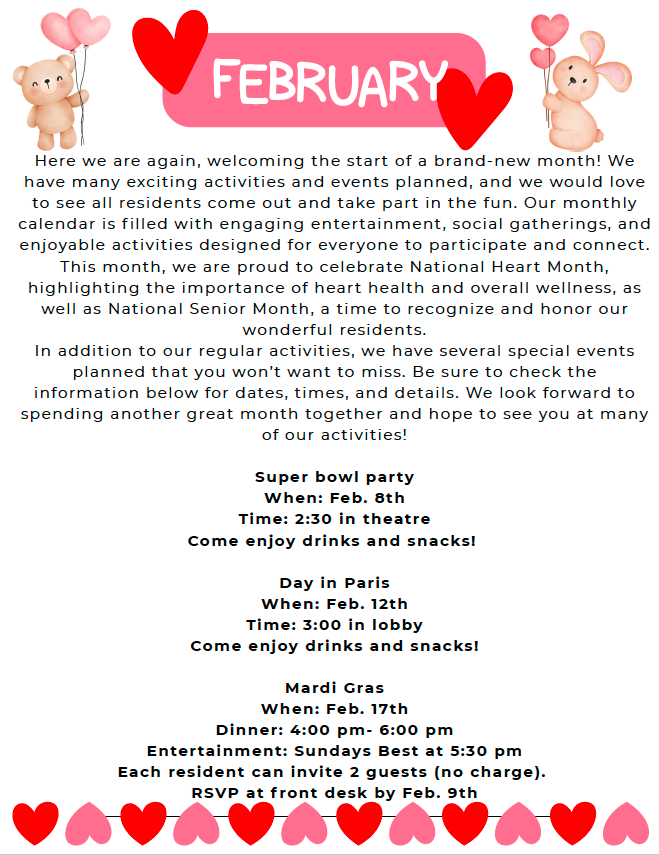As the winter season sets in, ensuring the safety and well-being of seniors becomes paramount. With colder temperatures, icy conditions, and potential health risks, it’s essential to take proactive measures to keep older adults safe and comfortable during the chilly months ahead. In this blog post, we’ll explore valuable tips and strategies for winter safety, focusing on preventing slips and falls, preparing for colder weather, and optimizing heating systems.
Winter Safety Measures
Preventing Slips and Falls:
Winter safety begins with minimizing the risk of slips and falls, which can be particularly hazardous for seniors. Here are some tips to help prevent accidents:
- Footwear Matters: Encourage seniors to wear sturdy, non-slip footwear with good traction when venturing outdoors. Proper footwear can significantly reduce the risk of slipping on icy or snowy surfaces.
- Keep Pathways Clear: Regularly clear driveways, walkways, and entrances of snow and ice. Use salt or sand to improve traction and prevent slippery surfaces. Additionally, ensure that indoor areas are free of clutter or obstacles that could pose tripping hazards.
- Use Assistive Devices: If necessary, consider using assistive devices such as canes or walkers to provide added stability and support when walking on uneven or slippery surfaces.
- Proper Lighting: Adequate outdoor lighting can enhance visibility and help seniors navigate safely, especially during darker winter months. Ensure that pathways and entryways are well-lit to reduce the risk of accidents.
Preparing for Colder Weather:
In addition to preventing slips and falls, it’s essential to prepare for colder weather to ensure seniors stay warm and comfortable throughout the winter season. Here are some winter safety tips:
- Layer Clothing: Encourage seniors to dress in layers to maintain warmth and adapt to changing temperatures. Thermal undergarments, sweaters, and insulated outerwear can help retain body heat effectively.
- Stay Indoors During Extreme Cold: Advise seniors to limit outdoor activities during periods of extreme cold or inclement weather. Instead, encourage indoor activities or hobbies to stay warm and avoid exposure to harsh conditions.
- Keep Emergency Supplies: Prepare an emergency kit with essentials such as blankets, non-perishable food, water, medications, flashlights, and batteries. In the event of a power outage or severe weather, having these supplies readily available can provide peace of mind and ensure safety.
- Monitor Home Temperature: Regularly check and maintain a comfortable indoor temperature to prevent hypothermia or cold-related health issues. Ensure that heating systems are functioning optimally and provide additional blankets or space heaters if needed.
Optimizing Heating Systems:
Proper heating is crucial for winter safety, especially for seniors who may be more susceptible to the cold. Here are some tips to optimize heating systems and ensure a cozy living environment:
- Schedule Maintenance: Arrange for professional maintenance of heating systems, including furnaces, boilers, and heaters, before the onset of winter. Regular servicing can identify and address any issues to ensure efficient operation.
- Check Smoke and Carbon Monoxide Detectors: Test smoke detectors and carbon monoxide alarms regularly to ensure they are functioning correctly. Replace batteries as needed and consider installing additional detectors in sleeping areas for added safety.
- Seal Drafts and Insulate Windows: Inspect doors, windows, and other openings for drafts, and seal any gaps or cracks to prevent heat loss. Consider using weather stripping or caulking to improve insulation and maintain a comfortable indoor temperature.
- Monitor Thermostat Settings: Set thermostats to a comfortable temperature and avoid drastic fluctuations to prevent overexertion on heating systems. Programmable thermostats can help regulate temperature levels efficiently and save energy.
In conclusion, prioritizing winter safety for seniors involves a combination of proactive measures to prevent slips and falls, preparing for colder weather, and optimizing heating systems. By implementing these tips and strategies, caregivers and loved ones can help ensure a cozy, secure, and enjoyable winter season for older adults. Stay safe and warm this winter!




